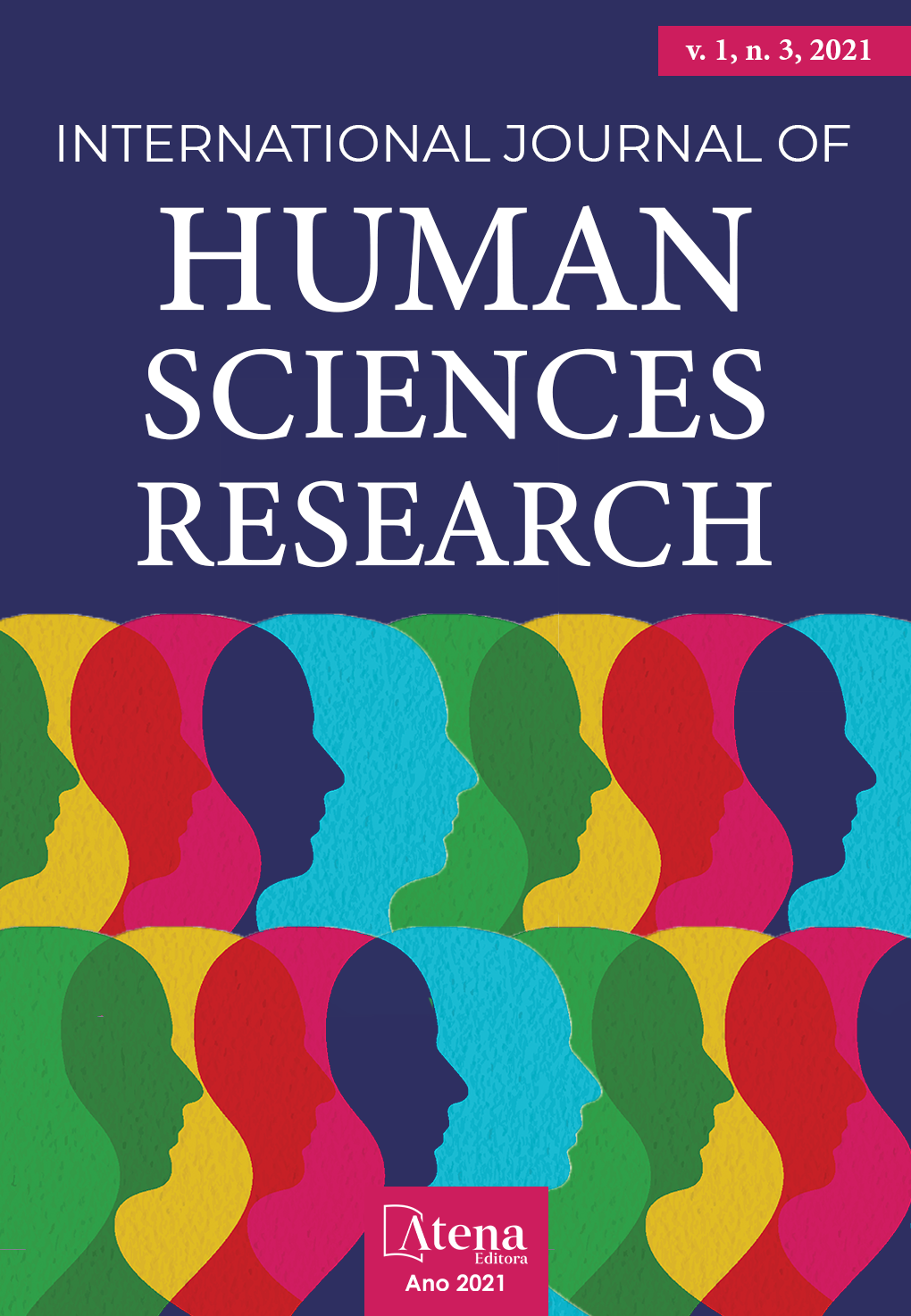
RECOVERY AND FILTERING OF HEALTH AND ENVIRONMENTAL TEXTS THROUGH INTERNET SEARCH MECHANISMS
This is a work of refining and testing methodology for search and retrieval of information from scientific documents on the Internet. The work involves Health and Environment, aiming to recover scientific studies available and accessible on the topic medicinal plants used for diabetes. We chose to use the search engine developed by Google Scholar (GA), entering in your search box key words (scientific name, diabetes, abstract) directing the search anywhere in the document (M6 ) or in the ad text "all in the title" (M5), or “in the title” (M1,2,3,4). This resulted in the application of 6 search modes (M1,2,3,4,5, 6). Searches were made in December 2012 to 135 species of plants. Results reveal that recovery capabilities and filter models applied are significantly different. The less specific the search procedure applied more documents are retrieved, although the utilization is less the absence of linkage between the foci of interest (plants for diabetes). The opposite of this trend occurs on occasions as more specific instructions are the search procedure adopted, ie, there will be less recovered texts but already highly filtered, taking advantage of almost all.
RECOVERY AND FILTERING OF HEALTH AND ENVIRONMENTAL TEXTS THROUGH INTERNET SEARCH MECHANISMS
-
DOI: 10.22533/at.ed.5582110112
-
Palavras-chave: Online sources. Medicinal plants. Diabetes
-
Keywords: Online sources. Medicinal plants. Diabetes
-
Abstract:
This is a work of refining and testing methodology for search and retrieval of information from scientific documents on the Internet. The work involves Health and Environment, aiming to recover scientific studies available and accessible on the topic medicinal plants used for diabetes. We chose to use the search engine developed by Google Scholar (GA), entering in your search box key words (scientific name, diabetes, abstract) directing the search anywhere in the document (M6 ) or in the ad text "tudonotítulo" (M5), or “notítulo” (M1,2,3,4). This resulted in the application of 6 search modes (M1,2,3,4,5, 6). Searches were made in December 2012 to 135 species of plants. Results reveal that recovery capabilities and filter models applied are significantly different. The less specific the search procedure applied more documents are retrieved, although the utilization is less the absence of linkage between the foci of interest (plants for diabetes). The opposite of this trend occurs on occasions as more specific instructions are the search procedure adopted , ie, there will be less recovered texts but already highly filtered , taking advantage of almost all.
-
Número de páginas: 27
- FABIANA APARECIDA CALDART RODRIGUES2
- Arno Rieder


